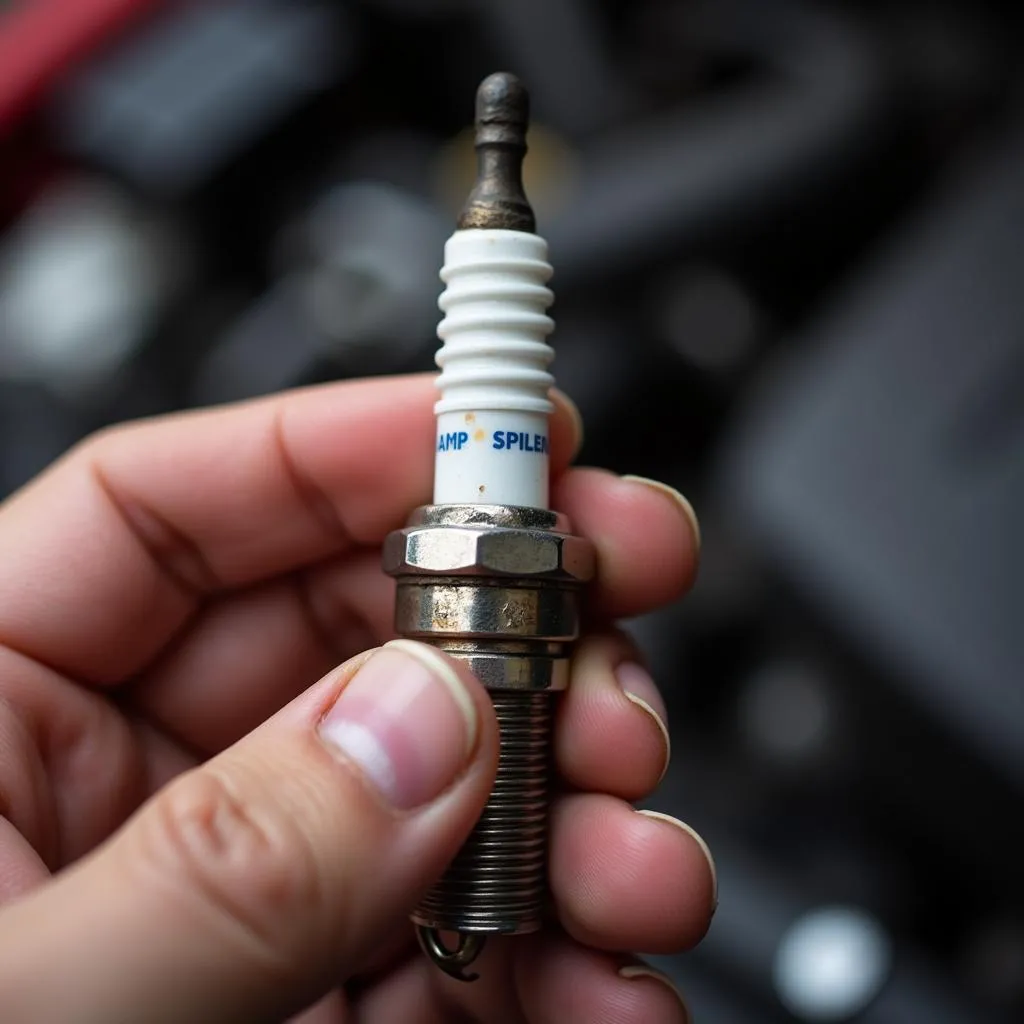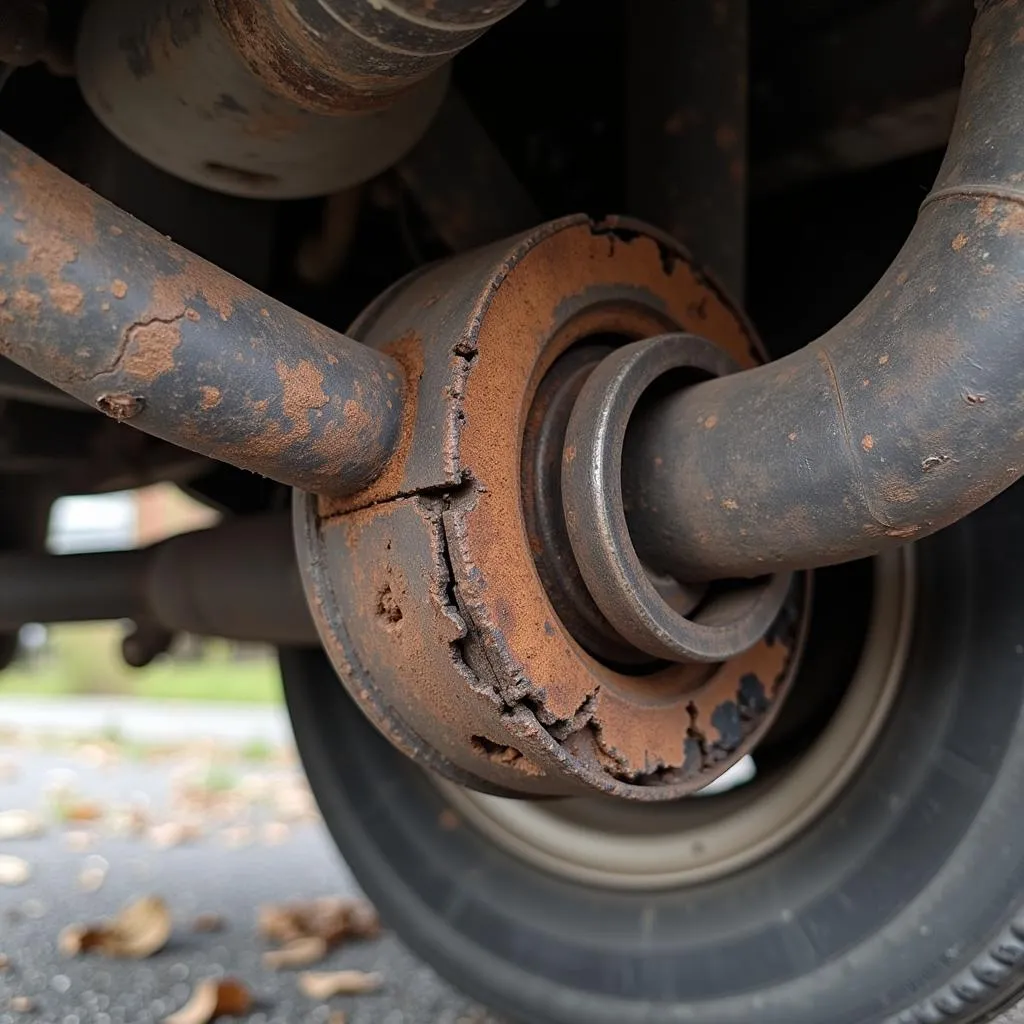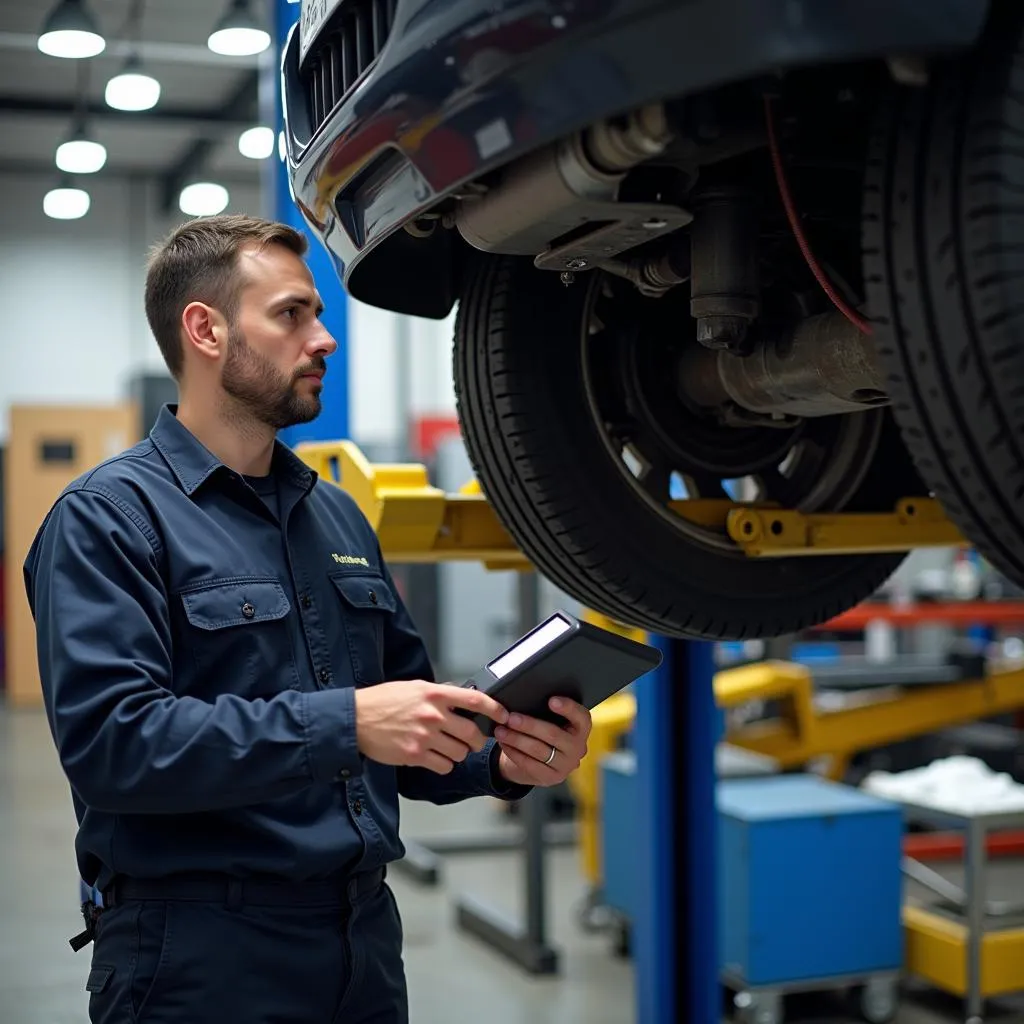You hit the gas pedal, eager to merge onto the highway, and suddenly, your car starts shaking like it’s doing the jitterbug. Not only is this unnerving, but it can also signal a potentially serious problem. So, why is your car shaking when you accelerate?
There’s no one-size-fits-all answer, as several culprits could be causing this shaky situation. It could be anything from a simple issue like worn-out spark plugs to a more complex problem with your axles.
This article will delve into the common reasons your car might shake when accelerating and help you determine the best course of action.
Common Causes of Car Shaking When Accelerating
Understanding the potential causes is the first step towards a smoother, safer ride. Here are some of the most common culprits:
1. Worn-Out Spark Plugs
Spark plugs ignite the air-fuel mixture in your engine cylinders, propelling your car forward. When they’re worn out, the ignition process becomes inefficient, leading to misfires and vibrations, especially noticeable during acceleration.
 Worn-out spark plugs
Worn-out spark plugs
2. Dirty Air Filter
A clogged air filter restricts airflow to the engine, choking its performance. This can result in a rough idle, reduced power, and, you guessed it, shaking when accelerating.
3. Clogged Fuel Injectors
Fuel injectors spray a fine mist of fuel into the engine cylinders. Over time, they can become clogged with dirt and debris, disrupting fuel flow and causing engine misfires, leading to vibrations, especially when you demand more power from your engine.
4. Bad Axles
Your car’s axles transfer power from the transmission to the wheels. If an axle is bent or damaged, it can cause vibrations that worsen with speed, particularly noticeable during acceleration.
 Damaged car axle
Damaged car axle
5. Worn-Out Engine Mounts
Engine mounts act as cushions between the engine and the car frame, absorbing vibrations. If these mounts wear out, the engine can vibrate excessively, especially when accelerating, transmitting those tremors throughout the vehicle.
6. Tire Issues
Uneven tire wear, an unbalanced tire, or even a tire with a bubble can throw off your car’s balance, leading to vibrations that are most noticeable at higher speeds and during acceleration.
What To Do When Your Car Shakes
If your car shakes when you accelerate, don’t ignore it! It’s essential to:
-
Stay calm: A shaking car can be alarming, but try to remain calm and pull over safely when possible.
-
Assess the situation: When did the shaking start? Does it happen only when accelerating, or at other times too? Is it a gentle tremor or a violent shaking?
-
Check for obvious issues: Take a quick look at your tires to see if any are visibly flat or damaged.
-
Seek professional help: Unless you’re a seasoned mechanic, it’s best to take your car to a trusted mechanic. They have the tools and expertise to diagnose the problem accurately.
Preventing Future Shaking Episodes
Prevention is always better than cure. Here’s how to keep your car running smoothly:
- Regular Maintenance: Stick to your car’s recommended maintenance schedule. This includes regular oil changes, air filter replacements, and spark plug checks.
- Tire Care: Regularly check your tire pressure and tread depth. Rotate your tires as recommended by your car manufacturer to ensure even wear.
- Fuel System Cleaning: Periodically get your fuel system cleaned to prevent injector clogging.
When to Worry
While some causes of car shaking are minor, others can be more serious. Seek immediate attention if:
- The shaking is severe and accompanied by strange noises.
- You experience a loss of control over the vehicle.
- You smell burning rubber or see smoke coming from under the hood.
 Mechanic inspecting car
Mechanic inspecting car
Conclusion
A car shaking when accelerating can be a sign of various issues, ranging from minor annoyances to serious mechanical problems. Addressing the problem promptly is crucial for your safety and the longevity of your vehicle.
Remember, regular maintenance, timely repairs, and a keen eye for your car’s behavior can go a long way in preventing those unwanted shakes and keeping your car running smoothly for miles to come.